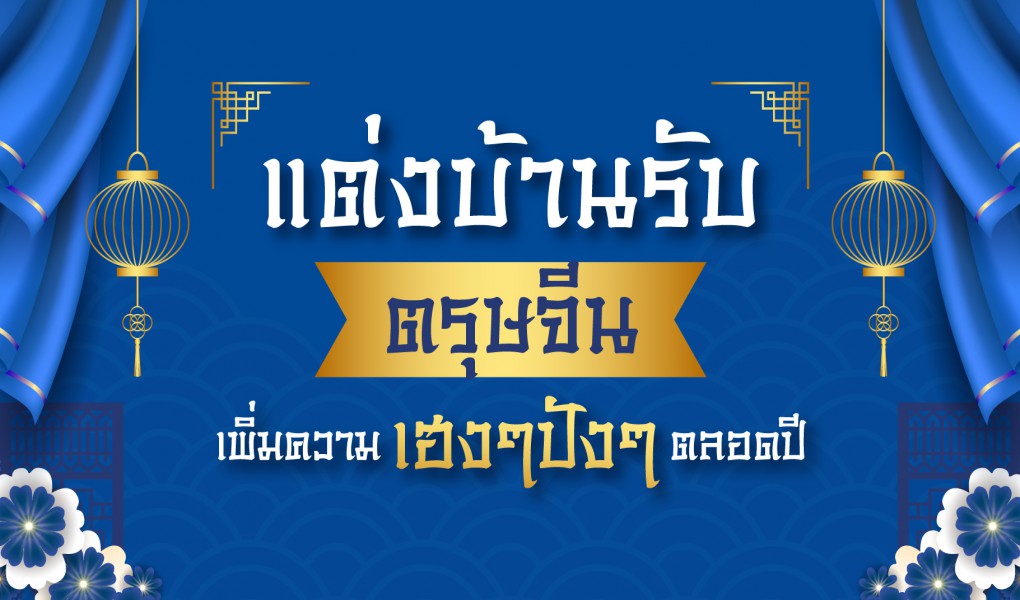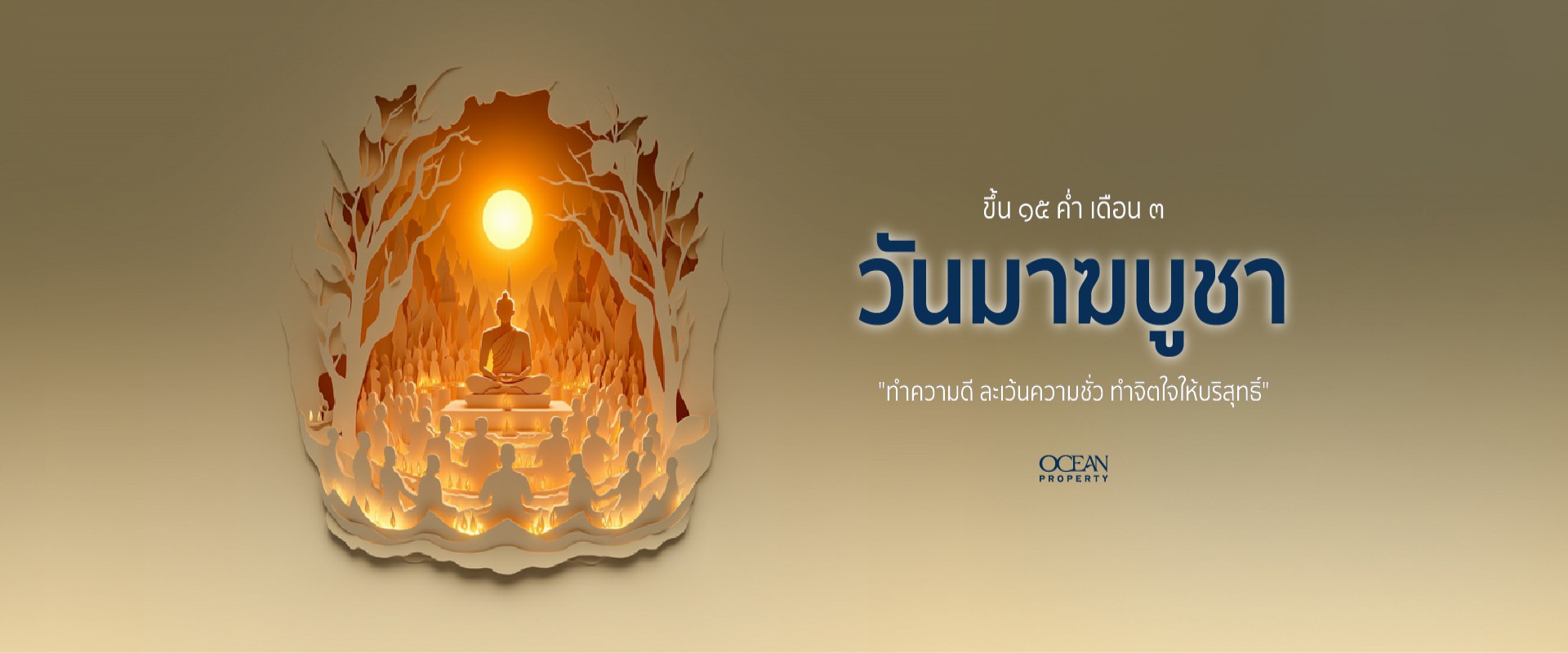

Makha Bucha Day, corresponding to the full moon of the third lunar month in the lunar calendar, is a significant day in Buddhism. It marks the occasion when Buddha delivered the "Ovada Patimokkha" for the first time, guiding the path of moral conduct. The core teachings of this day can be summarized in three main points: "Do good, avoid evil, purify the mind."
The Meaning of Makha Bucha The term "Makha" is derived from "Makhaburnami," signifying worship on the full moon day of the third month according to the Indian calendar. This period is an important time for Buddhists worldwide for worship and respect. On Makha Bucha, Buddha delivered the Ovada Patimokkha to 1,250 monks who had gathered without prior arrangement, marking four miraculous events:
The day coincided with the full moon of the third lunar month.
- A gathering of 1,250 monks without prior arrangement.
- All monks were enlightened Arahants.
- All had been directly ordained by Buddha himself or "Ehibhikkhu Upasampada."
Significance and History of Makha Bucha Makha Bucha is also referred to as "Fourfold Assembly Day," highlighting its significance as a day of Dhamma. It was the day Buddha declared key teachings as a guideline for Buddhists. In Thailand, Makha Bucha started to be officially celebrated during the reign of King Rama IV (circa 1851), with the King initiating ceremonies and chanting of Ovada Patimokkha in the Grand Palace before becoming a national tradition.
In 2006, the Thai government declared Makha Bucha as a "National Gratitude Day," promoting morality and a sense of gratitude within Thai society.
Activities for Observance on Makha Bucha On Makha Bucha, Buddhists participate in religious activities, including:
- Making merit by giving alms, dedicated to ancestors.
- Listening to Dhamma sermons to apply Buddha's teachings in daily life.
- Circumambulating temples with candles as a reminder of the Triple Gem.
- Practicing meditation to calm and purify the mind.
- Core Moral Teachings of Makha Bucha The important moral teachings of Makha Bucha are based on the "Ovada Patimokkha,"
Which is the heart of Buddhism, consisting of:
- Avoiding all evil, Refraining from harmful deeds such as killing, stealing, lying, and causing suffering.
- Completing good deeds, Engaging in acts of generosity, upholding precepts, and meditating.
- Purifying the mind, Practicing mindfulness and concentration to achieve mental clarity free from impure thoughts and emotions.
Conclusion
Makha Bucha is a day of profound significance for Buddhists globally as the day Buddha shared the Ovada Patimokkha, guiding moral and pure living. Religious activities like making merit, candlelit processions, and meditation help Buddhists incorporate Buddha's teachings into everyday life, reinforcing the principles of virtue and mindfulness.


-
Latest Article
-
 Living Tips8 Simple Tips to Keep Your Home Clean and Germ-Free
Living Tips8 Simple Tips to Keep Your Home Clean and Germ-Free -
 Living UpdateOcean Town, Muang–Ratsada Phuket, Joins Government Housing Transfer & Mortgage Fee Reduction Program – Now Only 0.01%, Saving Buyers Tens of Thousands of Baht
Living UpdateOcean Town, Muang–Ratsada Phuket, Joins Government Housing Transfer & Mortgage Fee Reduction Program – Now Only 0.01%, Saving Buyers Tens of Thousands of Baht -
 Living TipsCan't Get a Home Loan Alone? Find Out Who You Can Co-Borrow With
Living TipsCan't Get a Home Loan Alone? Find Out Who You Can Co-Borrow With -
 Living LifestyleExploring the Popular Leisure Trends of Gen Z: What Are They Up To?
Living LifestyleExploring the Popular Leisure Trends of Gen Z: What Are They Up To?
-
-
Relate Article
-
 Living LifestyleExploring the Popular Leisure Trends of Gen Z: What Are They Up To?
Living LifestyleExploring the Popular Leisure Trends of Gen Z: What Are They Up To? -
 Living LifestyleDecorate Home for Chinese New Year to Attract Luck and Prosperity All Year Round!
Living LifestyleDecorate Home for Chinese New Year to Attract Luck and Prosperity All Year Round! -
 Living LifestyleDid you know? What are the legally entitled leave days.
Living LifestyleDid you know? What are the legally entitled leave days. -
.jpg) Living LifestyleGet Ready to Splash! Top Songkran 2025 Events in Phuket
Living LifestyleGet Ready to Splash! Top Songkran 2025 Events in Phuket
-